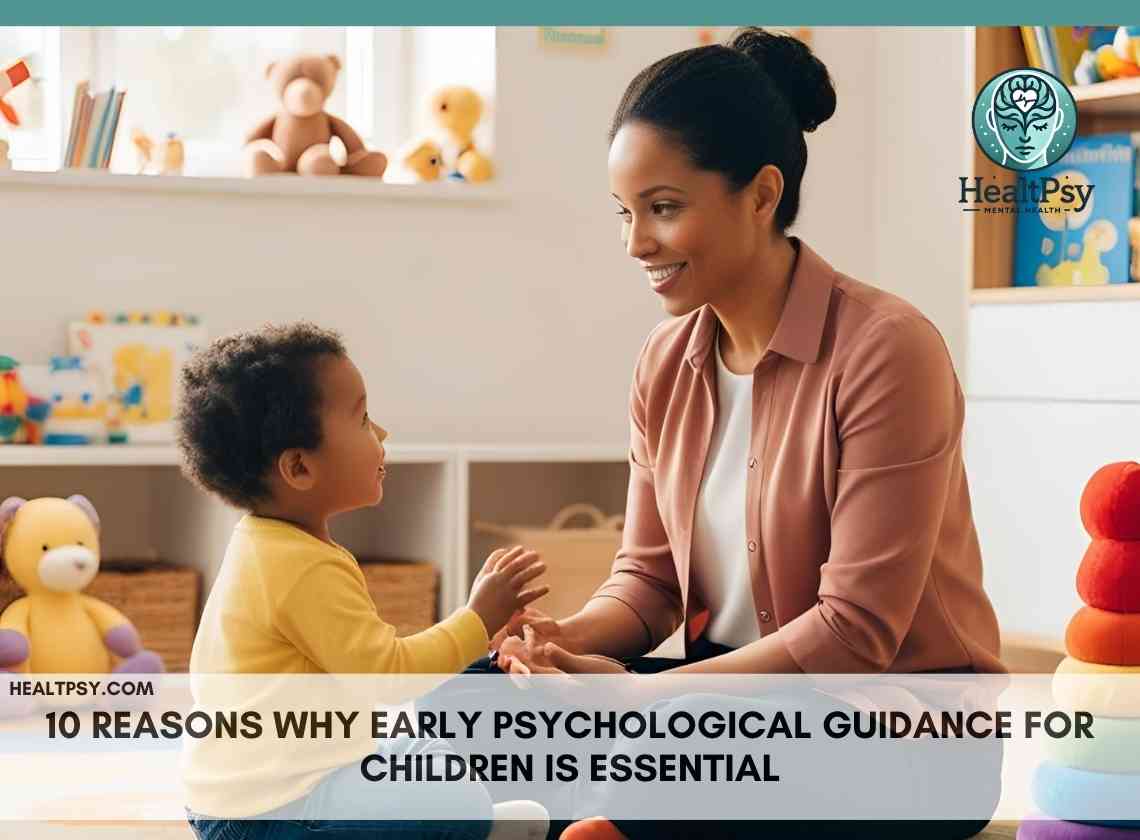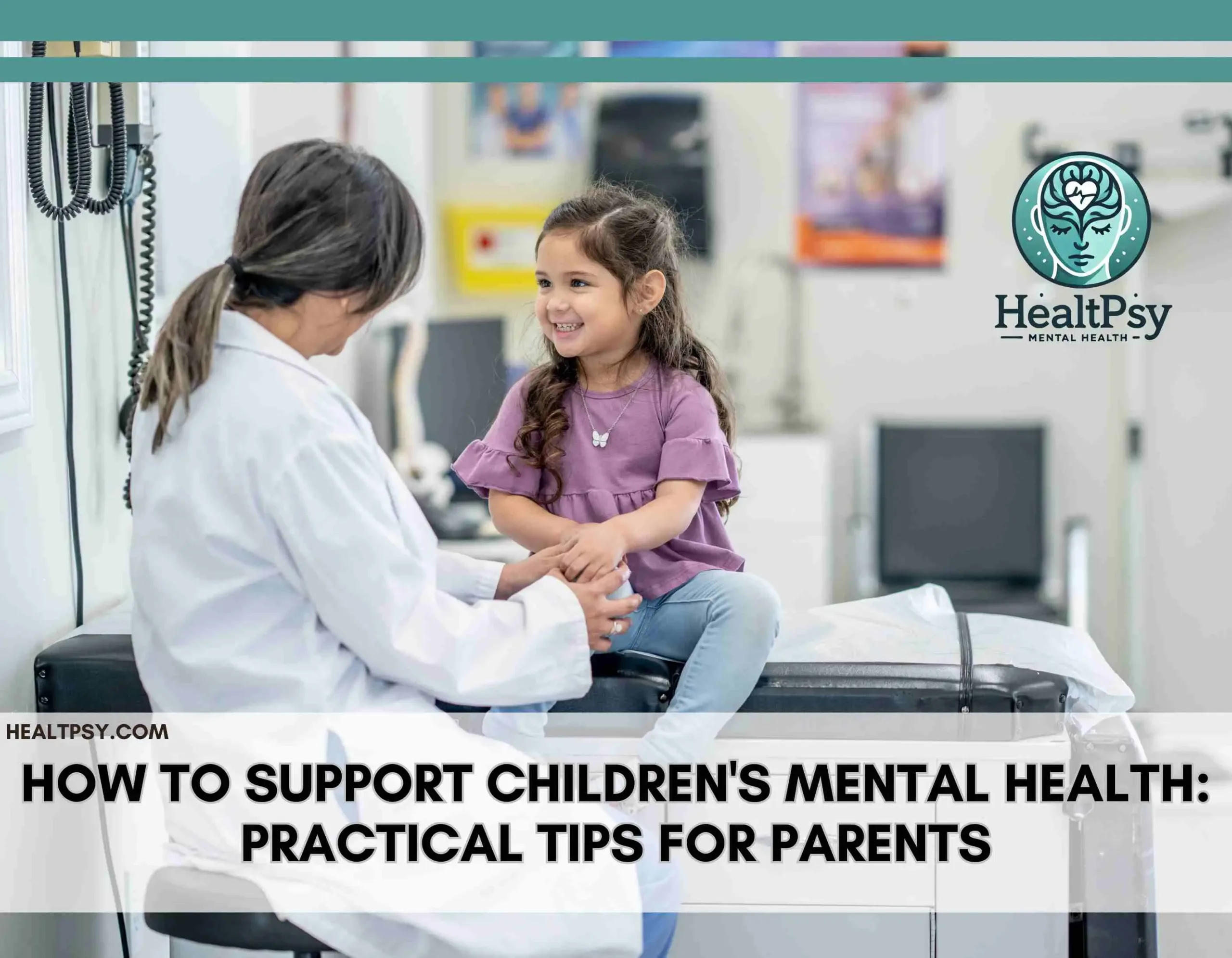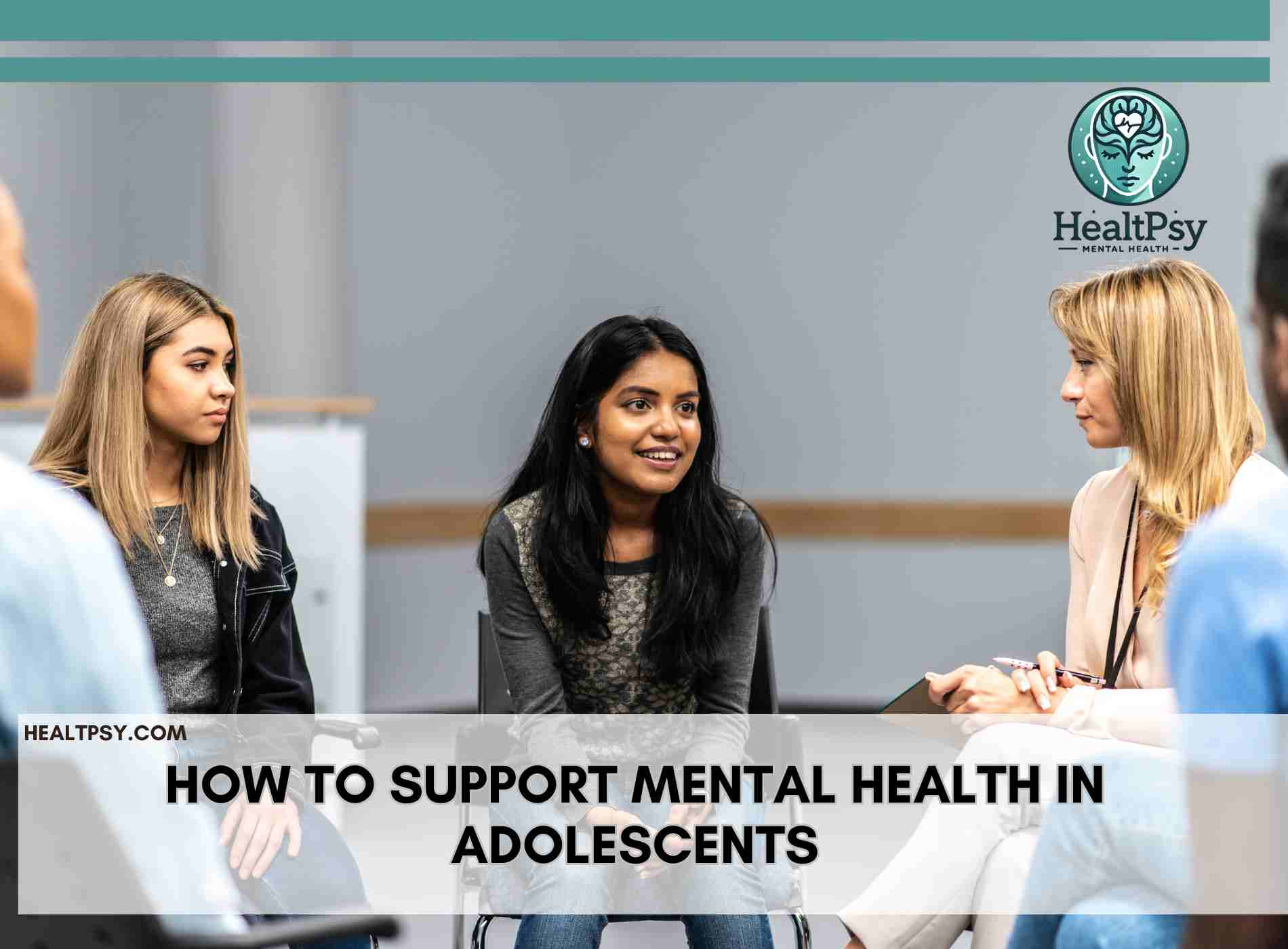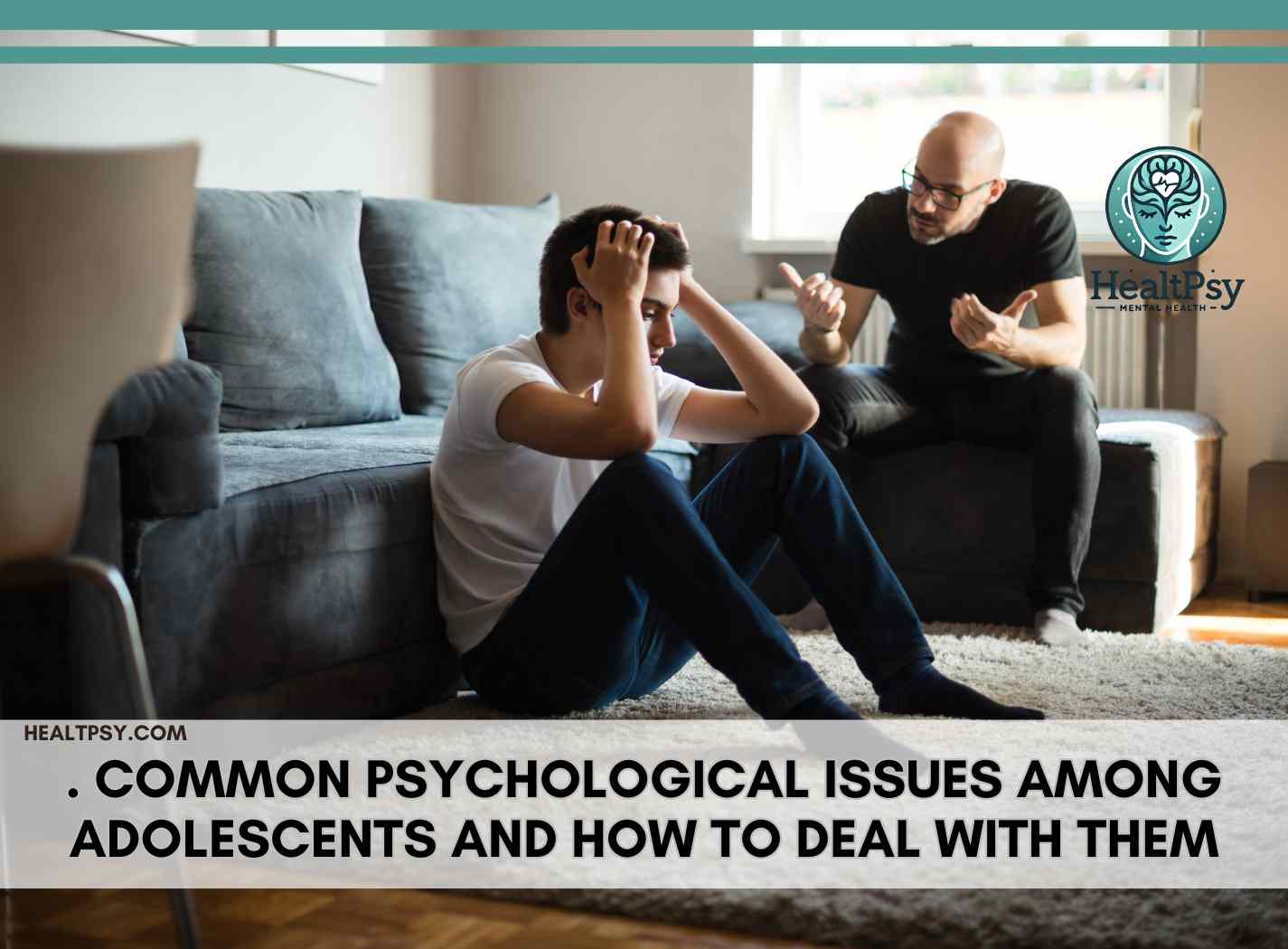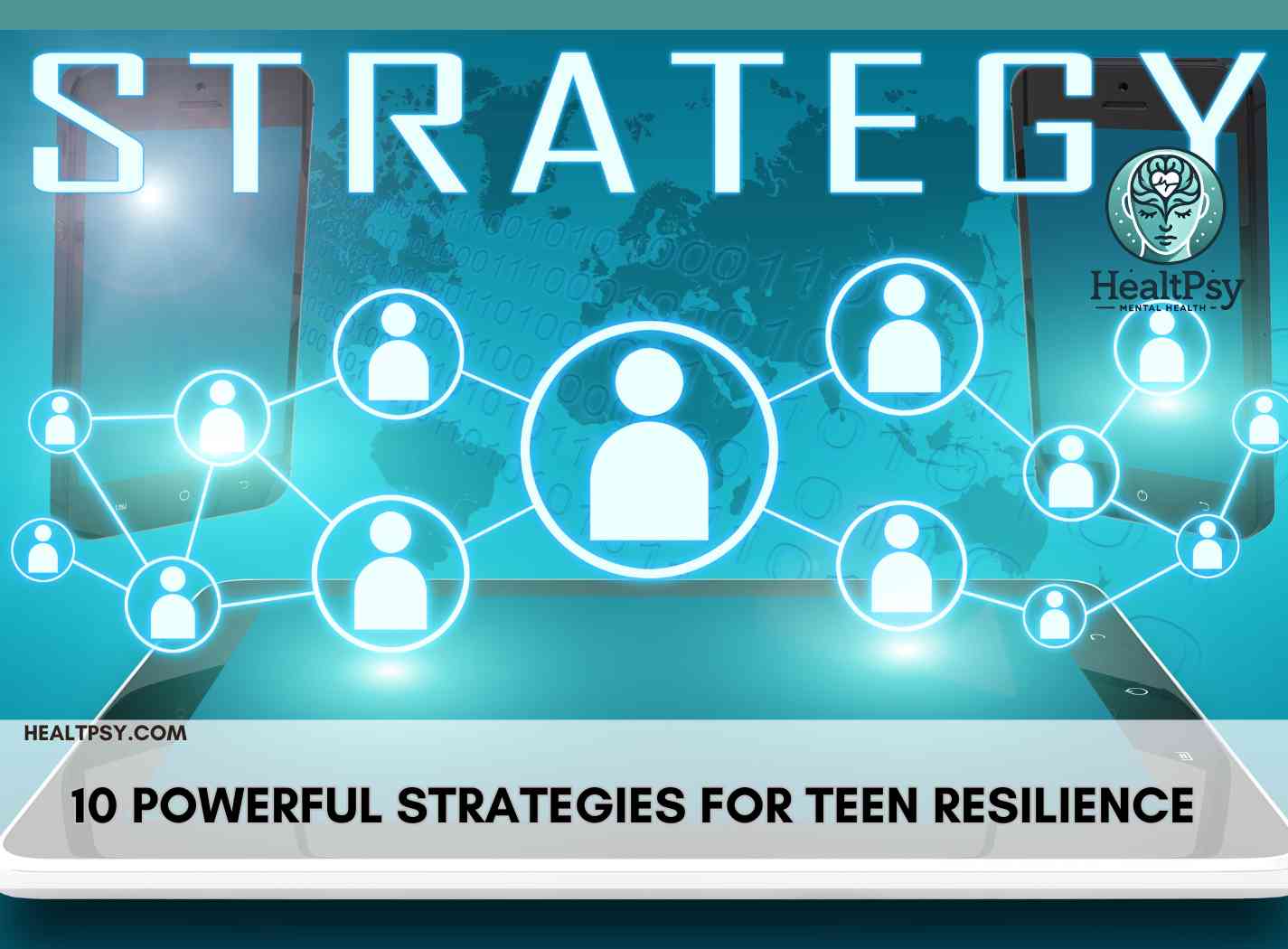10 Reasons Why Early Psychological Guidance for Children is Essential
Early psychological guidance plays a fundamental role in shaping a child’s emotional, social, and cognitive development. Childhood is a crucial period where foundational habits, coping mechanisms, and emotional intelligence are developed. Without proper early psychological guidance, children may struggle with issues like anxiety, low self-esteem, and difficulty in social interactions. Ensuring that children receive early psychological guidance helps them navigate challenges, build resilience, and develop a strong sense of self. This article explores ten reasons why early psychological guidance is crucial for children’s well-being and success.
1. Establishing Emotional Intelligence
Emotional intelligence is the ability to recognize, understand, and manage emotions effectively. Children who receive early psychological guidance learn how to express their feelings in healthy ways, regulate their emotions, and develop empathy for others. Teaching children how to identify and manage their emotions early in life sets a foundation for better decision-making, interpersonal relationships, and mental stability as they grow. Learn more about child emotional development here.
2. Building Self-Confidence and Self-Esteem
One of the most critical aspects of childhood development is self-confidence. Early psychological guidance helps children recognize their strengths, set realistic goals, and develop a positive self-image. Encouraging children to believe in their abilities fosters resilience and reduces the likelihood of self-doubt and fear of failure. When children feel supported and understood, they are more likely to take on challenges with a growth mindset, leading to a more successful and fulfilling life.
3. Enhancing Social Skills and Communication
Early psychological guidance teaches children how to communicate effectively, listen actively, and build meaningful relationships. Many children struggle with social anxiety or difficulty making friends, which can affect their ability to function well in school and other environments. Psychological support provides them with the tools they need to engage in positive social interactions, resolve conflicts, and develop empathy, which are essential skills for lifelong success. Read more about the role of social skills in mental health.
4. Preventing Behavioral Issues
Children who lack early psychological guidance may exhibit behavioral problems such as aggression, defiance, or withdrawal. Addressing these issues early through proper psychological support can prevent them from escalating into more serious concerns in adolescence or adulthood. By teaching children coping strategies and self-regulation techniques, they are better equipped to handle frustration, disappointment, and other emotions in a constructive manner.
5. Reducing Anxiety and Stress
Many children experience stress due to academic pressure, family dynamics, or social expectations. Without proper early psychological guidance, this stress can manifest as anxiety, sleep disturbances, or difficulty concentrating. Early intervention helps children develop stress management techniques, such as mindfulness, deep breathing, and problem-solving skills, which contribute to their overall mental well-being and ability to handle future challenges. Learn more about mental health strategies from WHO.
6. Supporting Academic Success
Psychological well-being and academic performance are closely linked. Children who receive early psychological guidance are more likely to develop a positive attitude toward learning, better concentration, and improved problem-solving skills. Emotional support fosters motivation and resilience, helping children cope with academic challenges and build confidence in their abilities. Teachers and parents who prioritize mental well-being contribute to a child’s success in school and beyond.
7. Strengthening Family Relationships
Family dynamics play a crucial role in a child’s psychological development. Early psychological guidance helps children understand their emotions and communicate effectively with their family members. It also provides parents with strategies to support their child’s emotional growth, creating a nurturing home environment. When families prioritize psychological well-being, it fosters stronger parent-child relationships, reducing conflicts and misunderstandings. Discover the importance of family in mental health here.
8. Developing Problem-Solving Skills
Children who learn problem-solving skills early in life are better equipped to handle challenges and make informed decisions. Early psychological guidance teaches children how to assess situations, weigh their options, and find constructive solutions to their problems. These skills not only help them navigate childhood difficulties but also prepare them for adulthood, where they will face more complex challenges.
9. Promoting Mental Health Awareness
Introducing early psychological guidance at an early age helps normalize conversations about mental health. When children understand that seeking help is a sign of strength rather than weakness, they are more likely to advocate for their well-being and support others. Early exposure to psychological education reduces the stigma around mental health issues and promotes a culture of openness and self-care.
10. Preventing Long-Term Psychological Issues
Many psychological disorders, such as depression and anxiety, have roots in childhood experiences. Providing early psychological guidance can help identify warning signs and intervene before issues become severe. When children receive the tools to manage their emotions and build resilience, they are less likely to develop chronic mental health conditions later in life.
Conclusion
Early psychological guidance is a crucial factor in ensuring children’s emotional, social, and cognitive well-being. It provides them with the tools they need to navigate life’s challenges, build meaningful relationships, and maintain a positive self-image. Parents, educators, and mental health professionals all play a role in fostering an environment where children feel safe, supported, and empowered. By prioritizing early psychological guidance, we invest in the future well-being of children and create a stronger, healthier society.
you might also like

